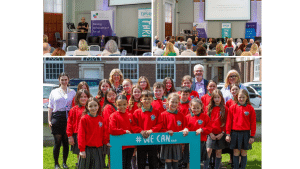
Stranmillis University College’s Head of Early Years Education and Doctoral Studies, Dr Glenda Walsh, will be leading the Northern Ireland element of a major national study comparing early years workforce policies across the four UK nations and to share solutions to current challenges.
Funded by the Nuffield Foundation, the study, led by Professor Dame Cathy Nutbrown for sector body Early Education, will also identify key areas for policy shift from across the UK and a selection of international examples.
Professor Nutbrown, President of Early Education, said: “Our project is an important and timely opportunity to bring together expertise from all four nations of the UK. We hope, through collaboration, to understand the most useful elements of policy around working conditions, remuneration, qualifications, recruitment, retention, expectations, professionalism and responsibilities of those who work in early childhood education and care. I’m delighted to be working with so many experts who are steeped in knowledge about the workforce in their own nations. We look forward to bringing together recommendations for future policy which will benefit young children and those who work with them across the UK as a whole.”
Dr Glenda Walsh, Co-Investigator for Northern Ireland, said; “Since the reinstatement of the Stormont government in February 2024, early childhood education and care, or what policymakers in Northern Ireland refer to as ‘childcare’, has taken centre stage in the political agenda. Notably, ‘childcare’ is now a standalone priority in the Programme for Government. However, despite the broad political consensus on the importance of early childhood services, workforce issues have largely been overlooked, and a comprehensive workforce policy remains a distant prospect. This research is therefore both timely and essential.”
Professor Aline-Wendy Dunlop, Co-Investigator for Scotland, said; “Since a major review of the Early Learning and Childcare (ELC) sector in Scotland there have been a number of policy initiatives affecting the Scottish ELC workforce. The many issues for Scotland include recruitment, pay and conditions, retention, new graduate leadership requirements, fewer nursery teachers, the expanded entitlement for children and families and new inspection protocols, with improved wellbeing for all remaining an essential goal.”
Dr Glenda Tinney, Co-Investigator for Wales, said; “In Wales, this will be a significant opportunity to hear viewpoints from the Welsh early years context, at a time when workforce policy is a key government focus through the Strategic Education Workforce Plan. The four nations and international focus make this study a unique opportunity to compare and contrast the issues in Wales within a broader framework. It is also an excellent opportunity to share expertise and learn from each other.”
Professor Verity Campbell-Barr, Co-Investigator for England, said; “The phrase ‘in crisis’ is frequently used when referring to the early years workforce in England, and we cannot hide from the fact that there are significant challenges in the sector, particularly in regard to recruitment and retention. The long history of fluctuating policy commitments around professionalisation and training, has left a confusing array of workforce requirements. However, England’s own policy trajectory demonstrates that there have been times when there was a clearer direction of travel for the workforce, and the opportunity to learn from our closest neighbours offers real opportunity for a coherent early years workforce strategy going forwards.”
Early Education Chief Executive, Beatrice Merrick said; “The status of education as a devolved matter within the UK gives us huge opportunities for learning from one another. As a UK-wide membership body, Early Education is ideally placed to campaign on the shared challenges our members experience and develop our understanding of how well different policy approaches tackle the underlying issues. Our members can also tell us how policies translate into practice, and the unintended consequences, positive or negative, that they may have. We are grateful to the Nuffield Foundation for the funding to undertake this important piece of work, and look forward to illuminating dialogues with a wide range of stakeholders, including policy makers, over the coming months.”
The project will run from January to November 2025, and Dr Walsh’s team will also include Stranmillis lecturer Dr Suzanne McCartney.
More information about the study can be found at: https://early-education.org.uk/early-years-workforce-policy-in-the-four-uk-nations-a-comparative-analysis/

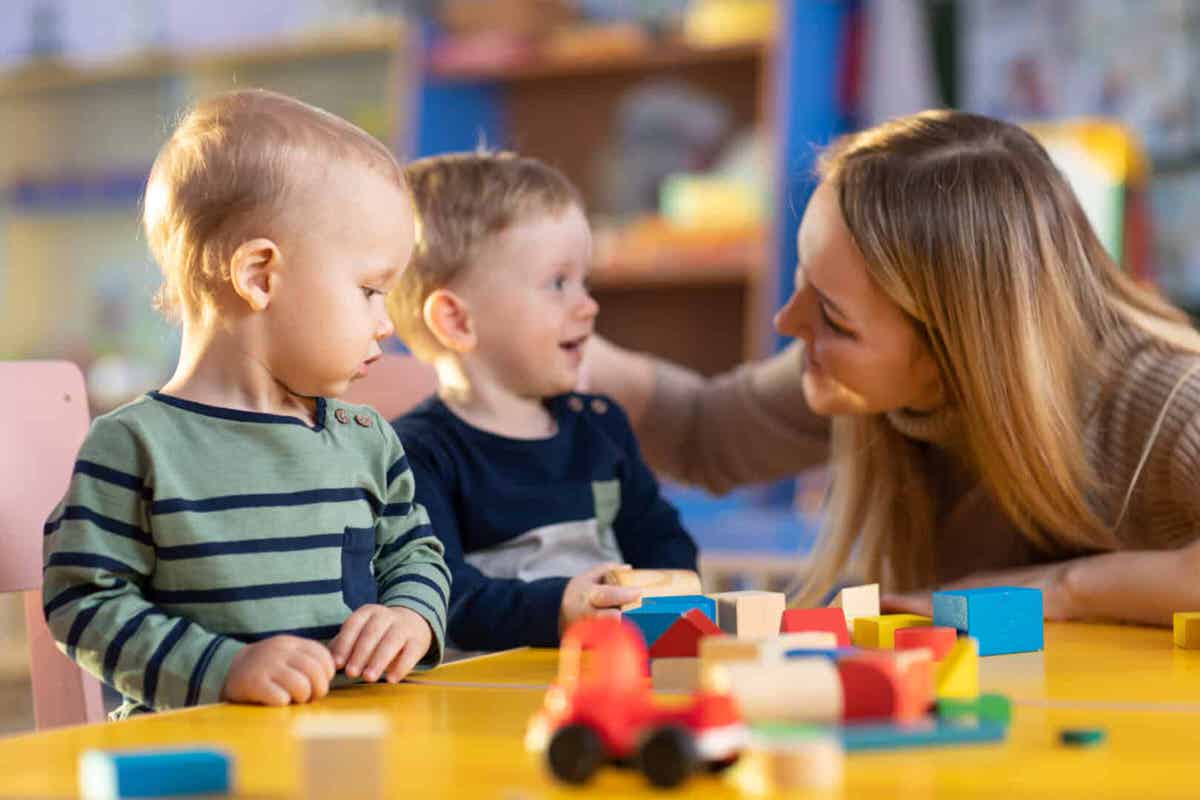

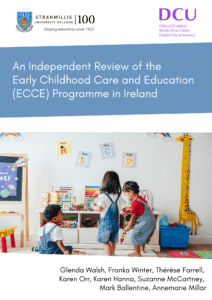 A major independent review of the Republic of Ireland’s Early Childhood Education and Care (ECCE) programme, led by Stranmillis University College’s Head of Early Years, Dr Glenda Walsh, was published this week by the Irish government’s Department of Children, Equality, Disability, Integration and Youth (DCEDIY).
A major independent review of the Republic of Ireland’s Early Childhood Education and Care (ECCE) programme, led by Stranmillis University College’s Head of Early Years, Dr Glenda Walsh, was published this week by the Irish government’s Department of Children, Equality, Disability, Integration and Youth (DCEDIY).
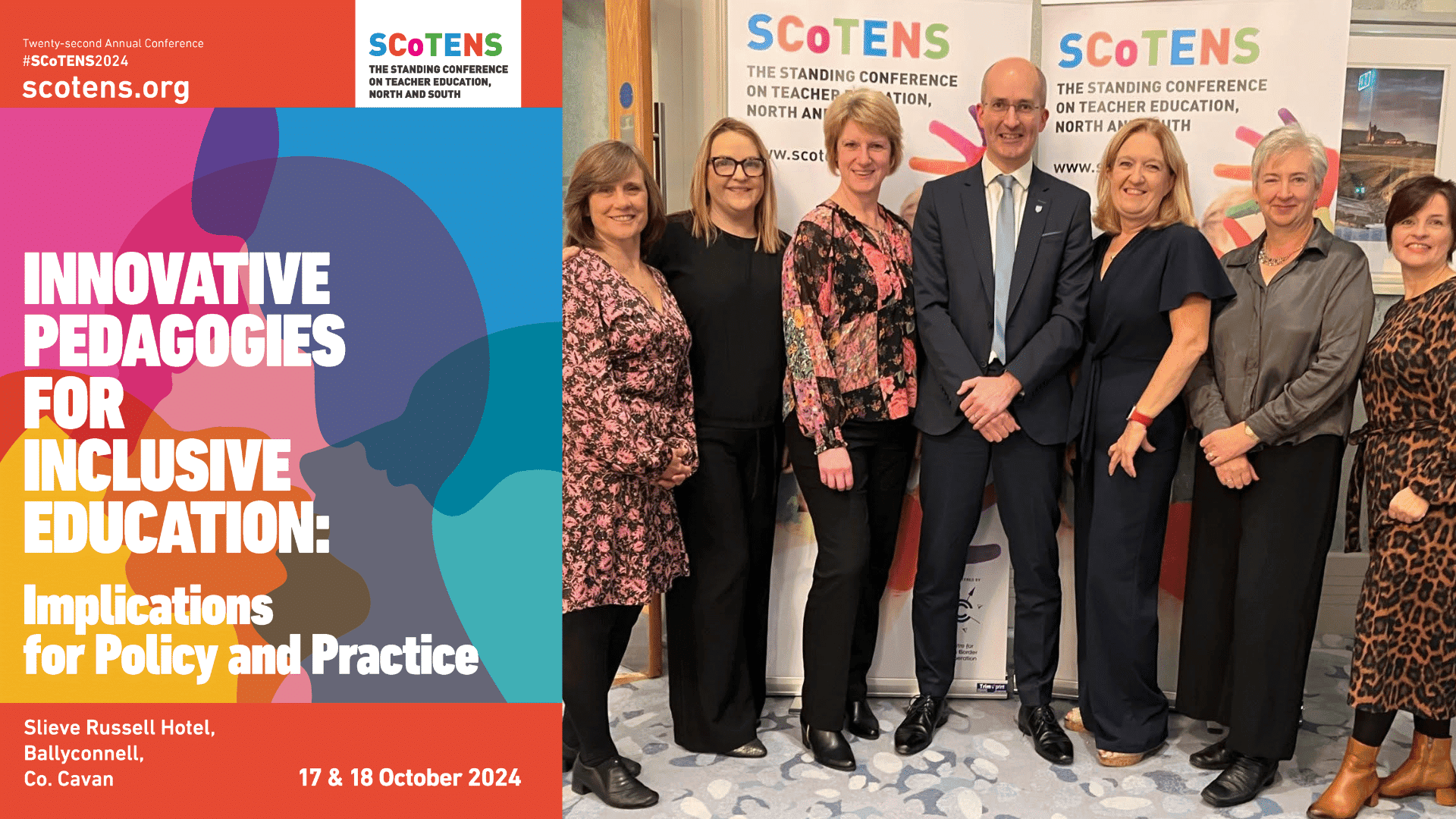
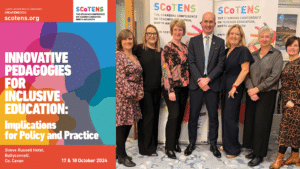

 On Saturday 5th October, Stranmillis University College was delighted to welcome the first ever cohort of Doctoral students to the campus to meet their fellow students, their lecturing team and senior staff from across the Stran community.
On Saturday 5th October, Stranmillis University College was delighted to welcome the first ever cohort of Doctoral students to the campus to meet their fellow students, their lecturing team and senior staff from across the Stran community. 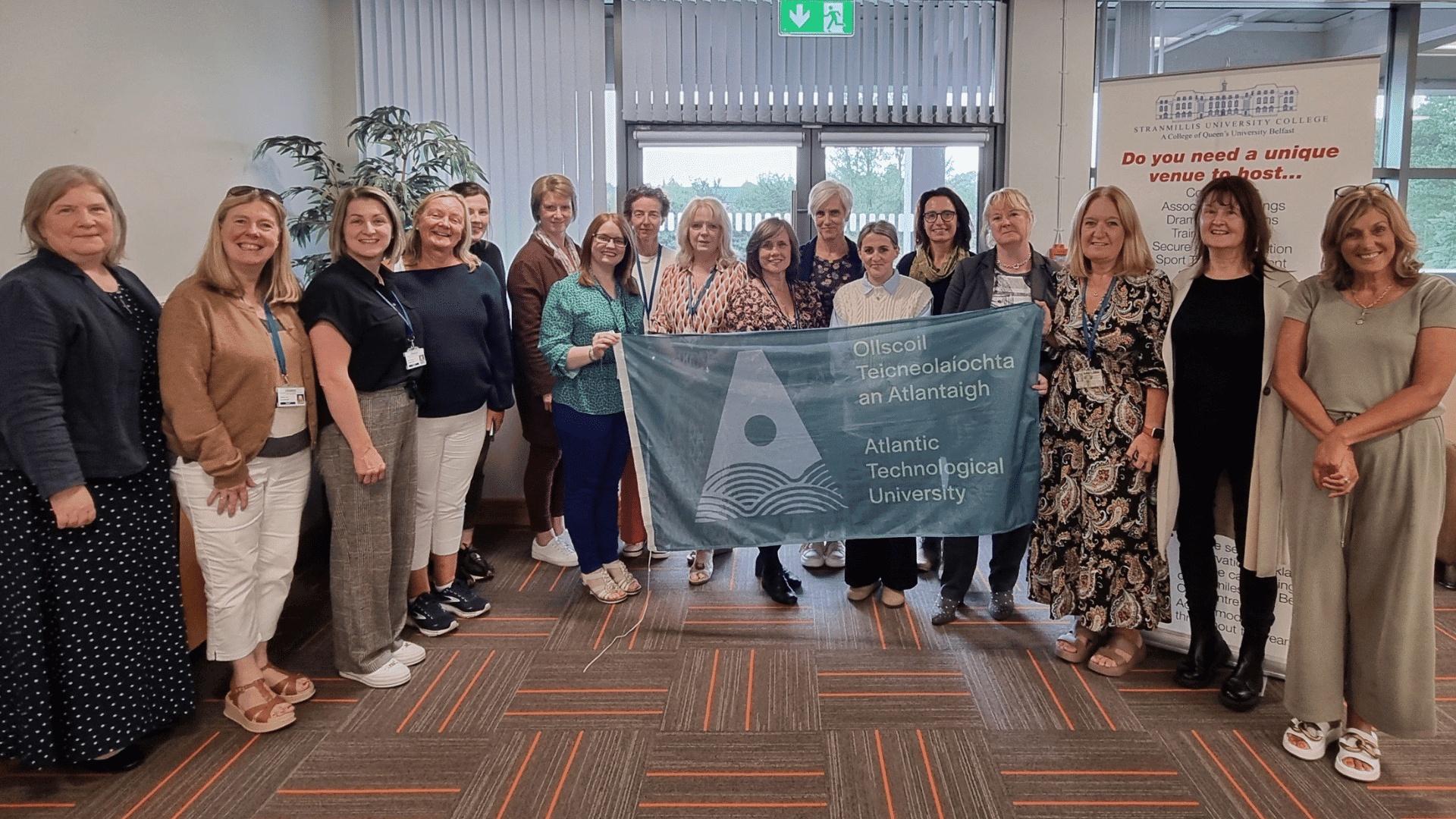
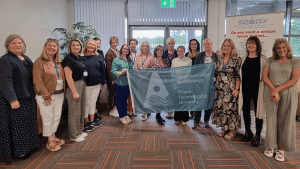 On Wednesday 11th September, Stranmillis University College (SUC) had the pleasure of welcoming a team of Early Years Lecturers from Atlantic Technological University (ATU), a multi-campus university based in the west and northwest of the Republic of Ireland.
On Wednesday 11th September, Stranmillis University College (SUC) had the pleasure of welcoming a team of Early Years Lecturers from Atlantic Technological University (ATU), a multi-campus university based in the west and northwest of the Republic of Ireland.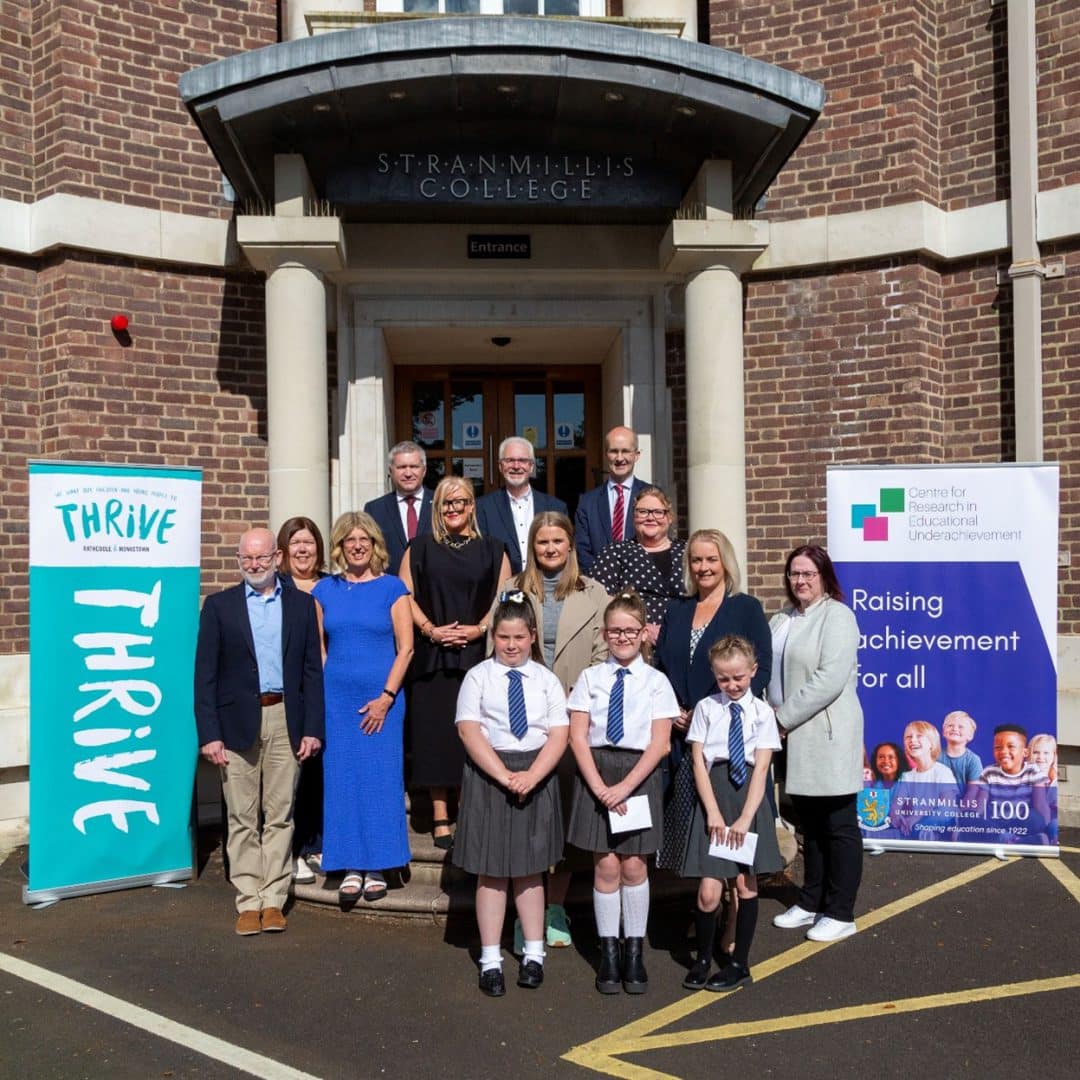
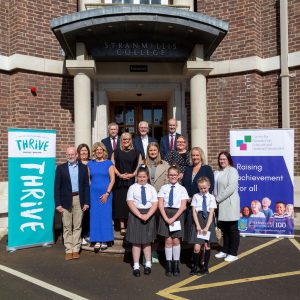 On the 4th June 2024,
On the 4th June 2024, 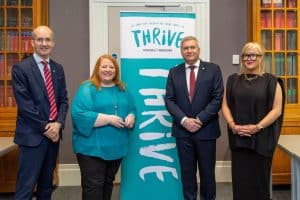 Dr Karen Orr and Claire Humphrey closed the conference by aligning their Conference Calls to Action with these three core themes of PLACE (asking for visibility of place-based approaches in the Programme for Government), PEOPLE (encouraging equitable engagement of those who live and work in communities) and PROCESSES (calling for investment in the systems needed for place-based change – funding, impact and implementation).
Dr Karen Orr and Claire Humphrey closed the conference by aligning their Conference Calls to Action with these three core themes of PLACE (asking for visibility of place-based approaches in the Programme for Government), PEOPLE (encouraging equitable engagement of those who live and work in communities) and PROCESSES (calling for investment in the systems needed for place-based change – funding, impact and implementation).